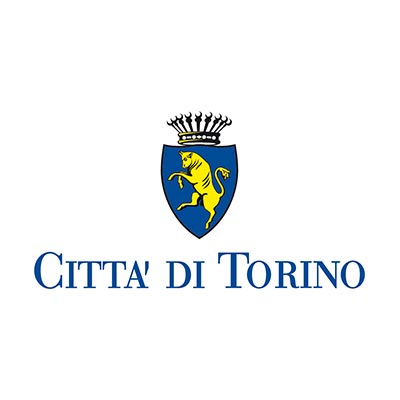
The Municipality of Torino
Città di Torino
The Municipality of Torino is the capital city of Piedmont region (North-West Italy). With its 866,510 inhabitants, its 130 km of territorial extension and its Gross Domestic Product (GDP) of 55,000 millions Euros (which is 4.5% of the national GDP), it is one of the most important cities in Italy. The administration – with about 8,000 civil servants – deals with the overall management of municipal assets and of public services (civic, social, sport & leisure, commerce, etc.). Since the 1990’s, Torino has been following a path of transformation from an industrial capital (predominantly in automotive sector) into a hub of innovation & culture. In 2009 officially kick-started Turin´s path to become a “Smart City”, when the City Council took the decision to take part in the initiative of the European Commission “Covenant of Mayors” and – as one of the first Italian cities – committed itself to elaborate an Action Plan for Energy in order to reduce its CO2 emissions more than 20% by 2020.
In 2016, the City was awarded the second prize for “European Capital of Innovation” (I-Capital 2016) for open innovation models supporting social innovation start-ups and creating new market opportunities for urban innovations.
In parallel the City has developed its green vocation through integrated actions for urban regeneration and sustainable mobility. Since the 1970s, the urban green area grew from 4 to 18.4 million square meters, reaching a standard per inhabitant of 19.05 square meters that puts Turin in the first places of Italy. Finally, the new “Urban Common Regulations” now allows groups of citizens to establish collaboration pacts with the administration on the care of urban goods, including green spaces or deprived/abandoned areas. Besides green planning integrated urban renewal programs and community planning processes were developed between 1995 and 2013 – also through the use of EC Structural Funds (e.g. Urban 1 The gate, Urban 2 Mirafiori Nord; Urban 3 Barriera di Milano, etc.) – strongly influenced the redesign and revitalization of main deprived and peripheral areas of Torino.
Role in the project
- a Food Lab aimed at the testing of circular business models for the production/processing of food for local trade, including bars, restaurants, local associations that manage collective catering functions and local markets.
- a Food Hub aimed at the study and experimentation of a widespread pole for the collection and redistribution of unsold eatable food for social/community purposes able to operate between the urban and peri-urban areas of Torino.
- a “Food Policy” Training: Turin will pay strong attention to the issues of training and dissemination activities with actions aimed at making all citizens more aware of the issue.
- a Food Tech Testing with the aim of promoting testing activities in collaboration with companies according to the model of “Torino City Lab” of agricultural techniques above ground and Tech for Food.
- The City of Torino is also committed to involving all the actors and places of the city, sensitive to the theme of “sustainable food”, in the important actions to be implemented in the area. For example, areas such as Porta Palazzo, home to Europe’s largest market, the “Central Market”, will be used as a place for educational and training activities with relation tofood.